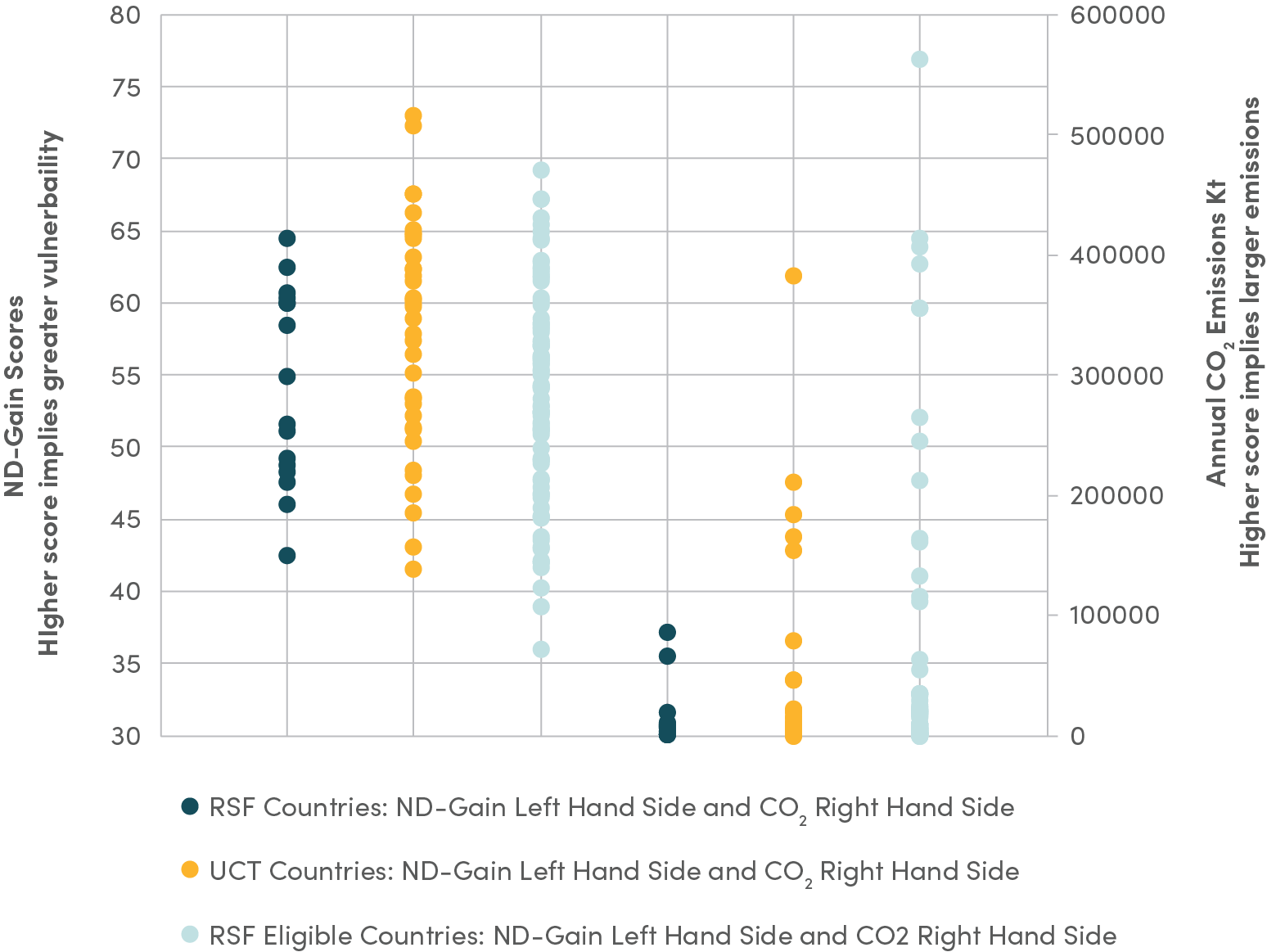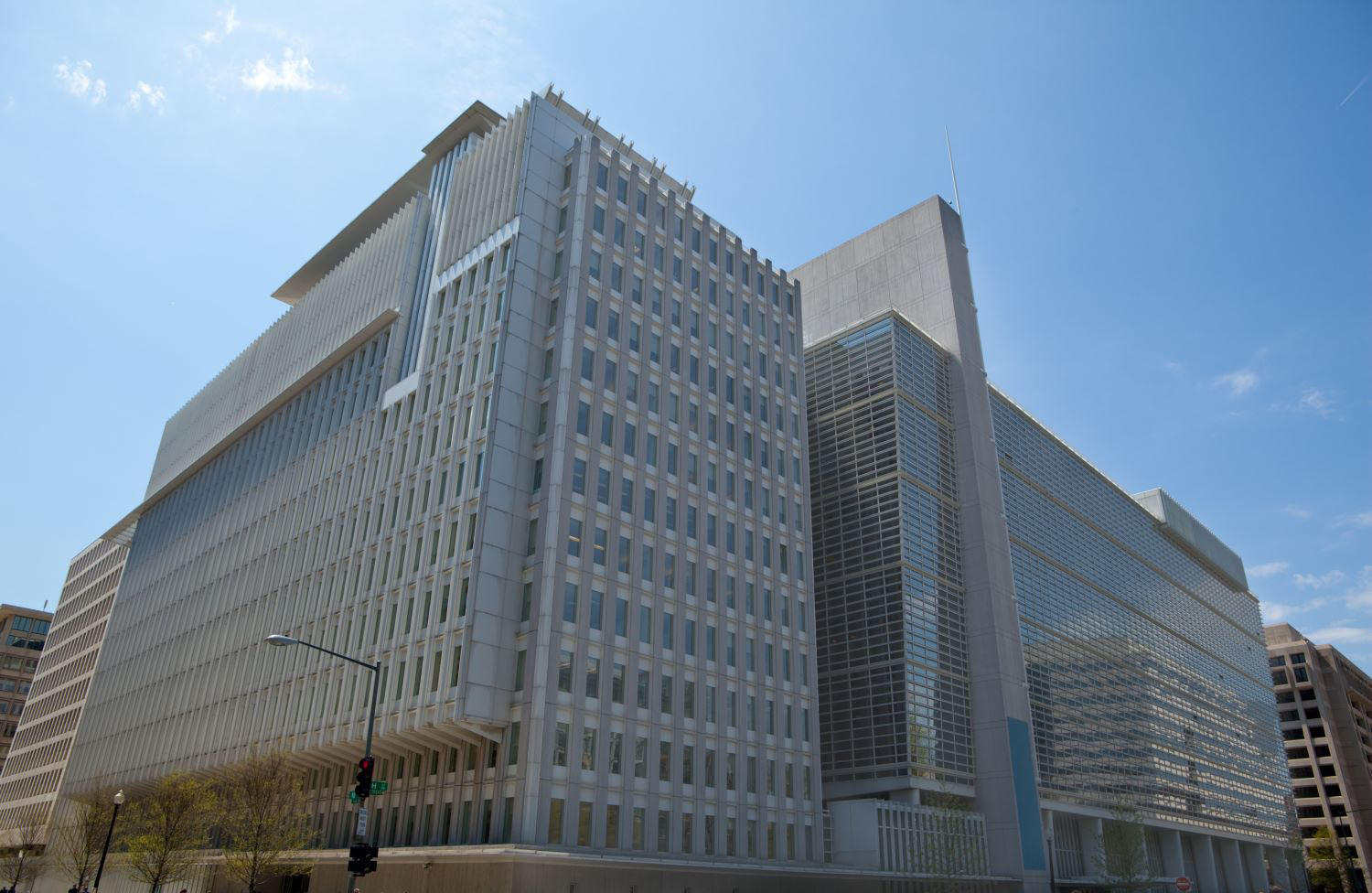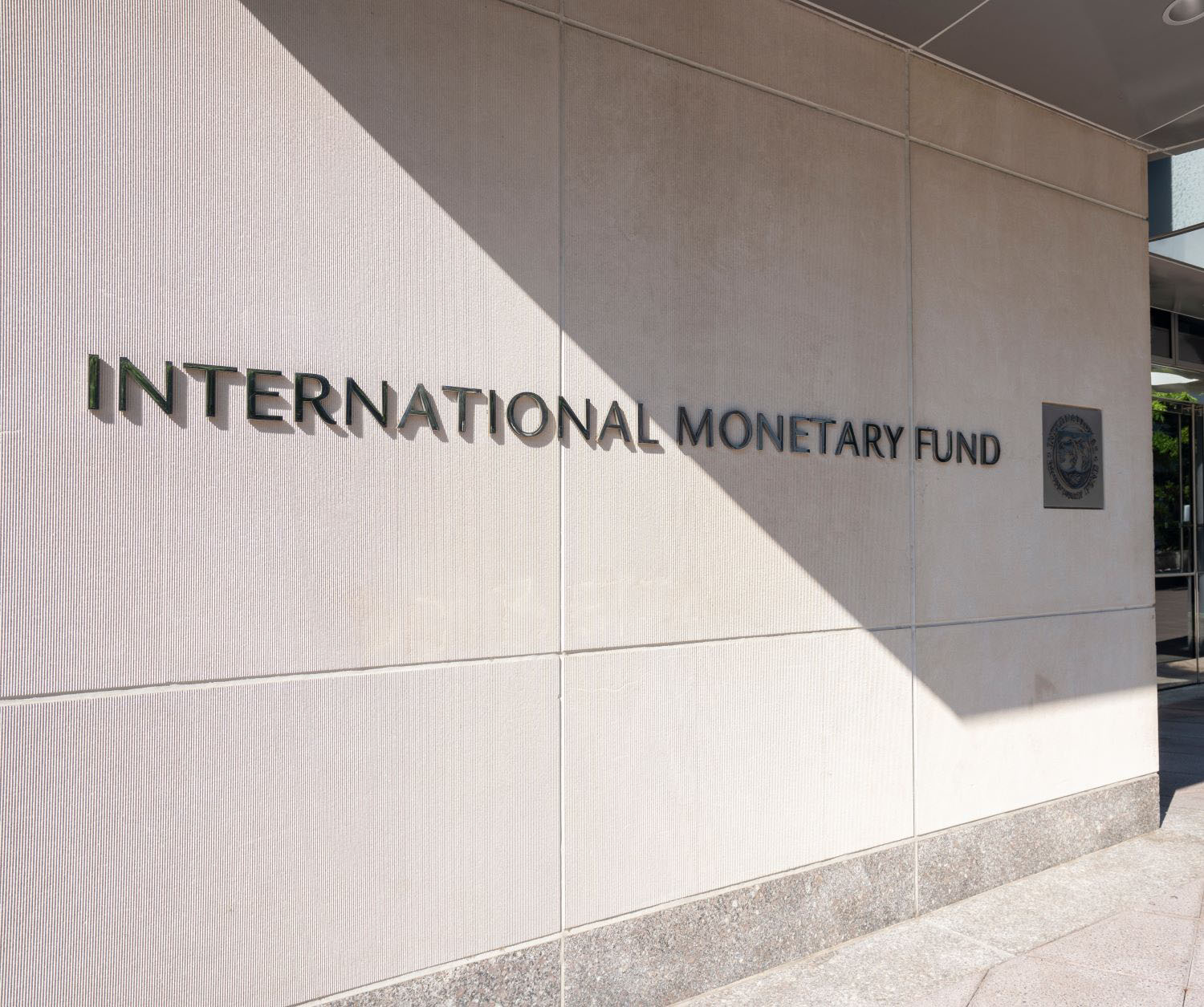Germans have given Chancellor Angela Merkel a fourth term as chancellor, but once again without a parliamentary majority. It seems likely that Merkel will now try to negotiate a black-green-yellow “Jamaica coalition” (referring to the parties’ colors) with the Greens and the pro-business Liberals replacing the Social Democrats as coalition partners. Despite the gain in vote for nationalists, our analysis suggests the Jamaica coalition could actually strengthen Germany’s role in accelerating global development, as well as benefitting Germany.
In this blog, we look at the what the Jamaica coalition means using the framework of our Commitment to Development Index—which ranks rich countries on aid, migration, technology, environment, trade, finance, and security.
Germany’s starting point on Commitment to Development
Overall, Germany ranked fifth (out of 27 countries that we assess) and first on migration, largely because it has accepted so many refugees in recent years. We counted migrants as “1” when they came from the poorest country (Democratic Republic of Congo) and “0” when coming from the richest country (Norway). This method quantified that Germany lifted the equivalent of “880,000 poverty weighted migrants” out of extreme poverty last year! But a ratio of one new migrant for every 92 Germans, contributed to the rise of the far right nationalists (AfD) who have become the third largest party in parliament. Regardless of the election results, mounting public pressure will reduce migration. But a poll of economists thinks the Jamaica coalition is actually more migration-friendly than a continuation of the previous grand coalition would have been.
On aid, Germany met the international commitment of 0.7 percent of national income (GNI) on aid (overseas development assistance) for the first time in 2016. This included high expenditure on hosting refugees—but to maintain 0.7 when fewer refugees arrive, overseas development assistance would have to ramp up quickly.
The Greens want refugee hosting costs not to count as aid. If that aid is re-allocated overseas, the consequences might be hugely beneficial to development: order of magnitude differences in purchasing power mean that for thousands of euros of aid spent hosting one refugee, one could effectively double the income and thus wellbeing of dozens of extreme poor through cash transfers (or save several lives through effective health interventions). If the Greens can ensure that the current US$6 billion spent on hosting costs would no longer count as aid and spent overseas, the “Jamaica coalition” might make a major new contribution to development.
On environmental policies, high emissions per capita mean Germany might not meet the Paris agreement commitment to reduce emissions by 40 percent by 2020. The global poor will suffer the consequences: climate change might push 100 million people back into poverty by 2030. This is partly due to Germany’s poor policy choices, like burning and subsidising fossil fuels. Both the Greens and Liberals want to phase out these subsidies.
Importantly, Germany has pledged to double energy R&D spending by 2020. Disappointingly, the country currently spends less in this sector than most other advanced economies as a percentage of GDP. Increasing this amount would tackle both climate change and energy poverty.
On technology more widely, there has been an increase in overall R&D spending to 0.88 per cent of GDP, but this is still lower than in many other countries. Spending more to create new technologies like mobile phones or biometric IDs can transform development and is a perfect example of investing in global public goods. All major parties want to increase R&D spending to 3.5 per cent of GDP by 2025—a “Jamaica coalition” will not change anything significantly here but this is a positive direction for development.
Germany’s trade policies have a significant impact on developing countries. Free trade agreements such as the EU’s “everything but arms” initiative give poor countries tariff-free access and have the potential to dramatically reduce poverty. For instance, a recent natural experiment suggests trade deals such as these can lower infant mortality by about 9 per cent.
Germany’s relatively high agricultural subsidies also represent a de facto tariff. Merkel’s conservatives want to continue agricultural subsidies beyond 2020. In contrast, both the pro-business Liberals and the Greens are critical of agricultural subsidies and want to lower tariffs and relax rules of origin for poor countries.
On security policy, Germany has been criticized by the US for failing to spend 2 per cent of GDP on defence. This figure includes spending on UN peacekeeping, for which Germany spends only 0.03 per cent of GDP—less than the OECD average, and this at a time when the UN peacekeeping budget is facing deep cuts. This is a matter of real concern because security and development are closely interlinked—for instance, one study suggests that civil wars decrease GDP per capita by 17.5 percent. Merkel’s conservatives want to double defence spending to reach 2 percent of GDP by 2024. The Liberals also want to increase defence spending, unlike the Greens, who want to specifically focus on increasing support for UN peacekeeping.
Almost all of these moves are enlightened self-interest: Germany also benefits from preventing climate change; freer trade lowers prices for consumers; labour market effects of recent refugees arriving in Germany are minimal so far but have the potential to push less educated native workers into higher wage jobs and lower consumer price; international peacekeeping benefits all; and R&D drives domestic innovation.
Overall then, taking the policy commitments of the Liberals and Greens and adding them to Merkel’s conservative bloc in a “Jamaica coalition” could bode well both for Germany, and development beyond aid.
Disclaimer
CGD blog posts reflect the views of the authors, drawing on prior research and experience in their areas of expertise. CGD is a nonpartisan, independent organization and does not take institutional positions.
Image credit for social media/web: Social media image by opposition24





